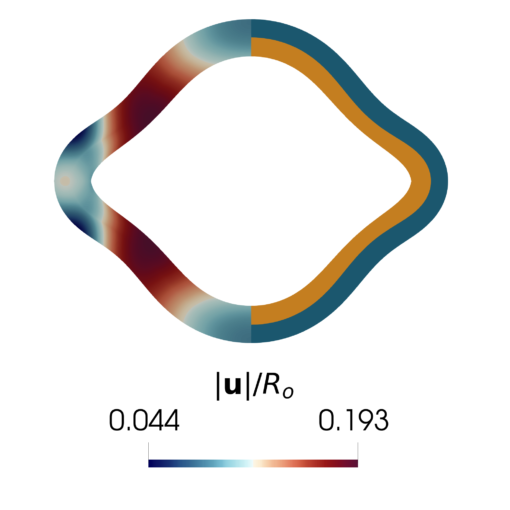A new MOX report entitled “Uncertainty quantification in timber-like beams using sparse grids: theory and examples with off-the-shelf software utilization” by Balduzzi, G.; Bonizzoni, F.; Tamellini, L. has appeared in the MOX Report Collection.
The report can be donwloaded at the following link:
https://www.mate.polimi.it/biblioteca/add/qmox/80/2022.pdf
Abstract: When dealing with timber structures, the characteristic strength and stiffness of the material are made highly variable and uncertain by the unavoidable, yet hardly predictable, presence of knots and other defects. In this work we apply the sparse grids stochastic collocation method to perform uncertainty quantification for structural engineering in the scenario described above. Sparse grids have been developed by the mathematical community in the last decades and their theoretical background has been rigorously and extensively studied. The document proposes a brief practice-oriented introduction with minimal theoretical background, provides detailed instructions for the use of the already implemented Sparse Grid Matlab kit (freely available on-line) and discusses two numerical examples inspired from timber engineering problems that highlight how sparse grids exhibit superior performances compared to the plain Monte Carlo method. The Sparse Grid Matlab kit requires only a few lines of code to be interfaced with any numerical solver for mechanical problems (in this work we used an isogeometric collocation method) and provides outputs that can be easily interpreted and used in the engineering practice.




